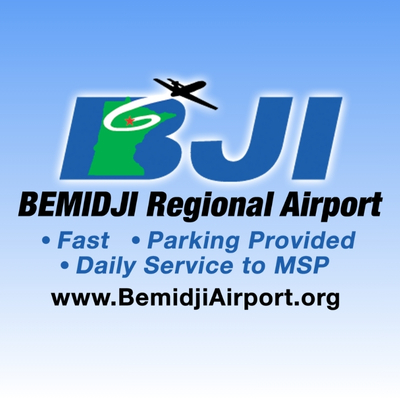May 10, 2018 | By: Shirelle Moore
MDH Warns Of Fake Calls Claiming To Be The Health Department
Minnesotans and the Minnesota Department of Health (MDH) appear to have been subjected to a “spoofing” attack. Spoofing is a practice used to falsify the telephone number or name on caller IDs to disguise the identity of the real caller.
MDH has received reports of such callers posing as MDH and requesting personal and business information, including credit card numbers. These calls have been designed to appear to come from MDH’s main phone number (651-201-5700). These calls are not being made by MDH, and MDH urges recipients of suspicious calls to not give out any personal or financial information.
With the increased use of technology that allows people to make calls using the internet, spoofing has become more common.
“This is a type of attack, among many methods, that we are seeing with increasing frequency and sophistication in Minnesota, and we have been working to raise this issue at the Legislature this session,” said Aaron Call, the state’s chief information security officer. “This example is demonstrative of the tactics used every day by those intent on stealing our personal information or disrupting the important services on which so many Minnesotans rely.”
MDH did send an automated message to restaurants and other licensed food establishments this week regarding a foodborne illness outbreak involving Romaine lettuce, but that message did not ask for personal or financial information apparently requested in the spoofing calls.
If you get a call that seems suspicious, don’t give out personal information in response to an incoming call. Identity thieves will pose as representatives of banks, credit card companies or government organizations to get people to reveal their personal financial information. The best response is to hang up and call the number on the agency’s website to find out if the person or organization that supposedly called you actually needs the information.
Minnesotans can protect themselves by keeping the following in mind:
* Legitimate public health calls do not ask for social security numbers, bank account or credit card numbers.
* Legitimate callers should be able to provide specific, verifiable contact information, such as that of their supervisor or work unit.
If you have been the victim of identity theft, contact your local police department.







